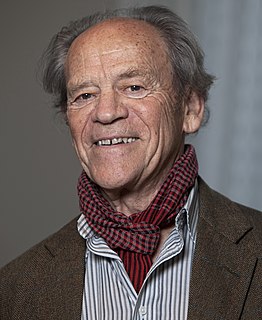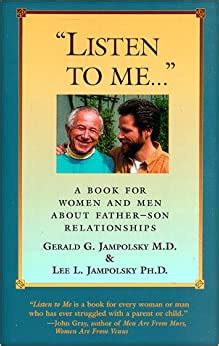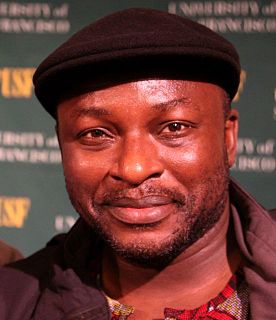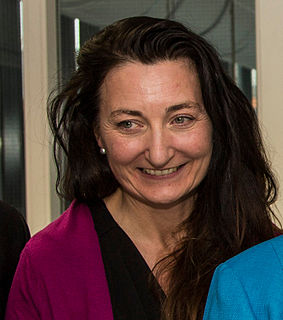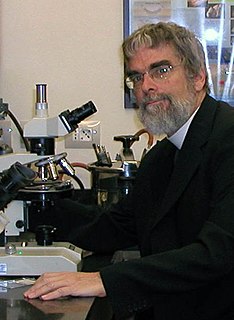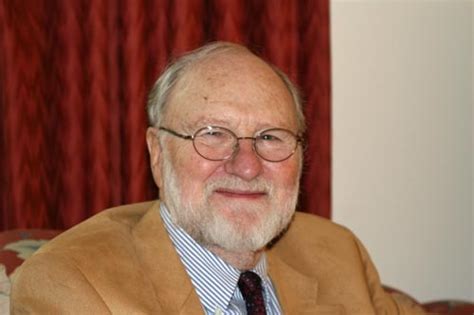A Quote by Torsten Wiesel
Science is not an intelligence test. Intuition is important, knowing what kind of questions to ask. The other thing is a passion for getting to the core of the problem.
Related Quotes
Science, at its core, is simply a method of practical logic that tests hypotheses against experience. Scientism, by contrast, is the worldview and value system that insists that the questions the scientific method can answer are the most important questions human beings can ask, and that the picture of the world yielded by science is a better approximation to reality than any other.
Being gay, you're kind of forced to ask, I suppose, very existential questions from a very, very early age. Your identity becomes so important to you because you're trying to understand it, and, I think, from the age of, like, 9, you're being forced to ask questions... that other kids maybe don't have to ask.
